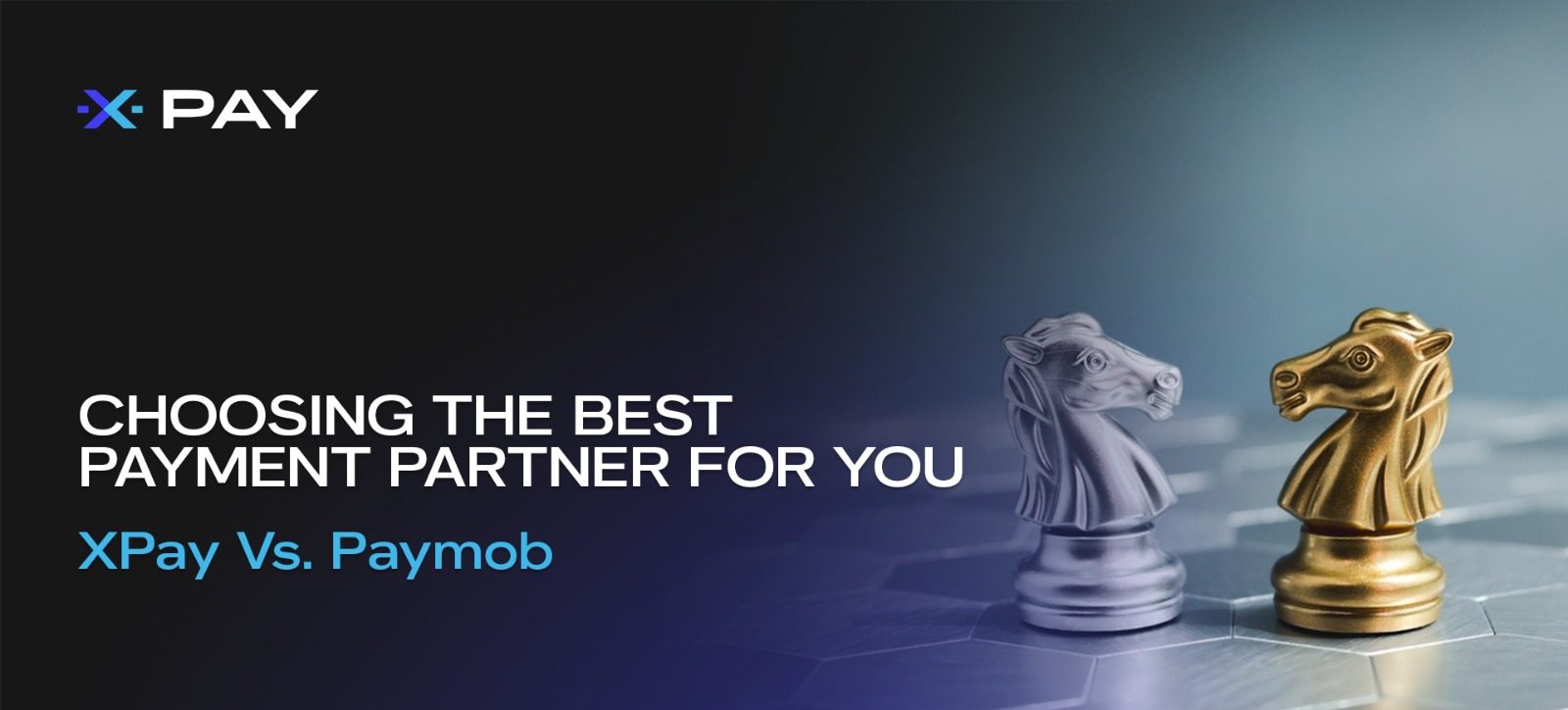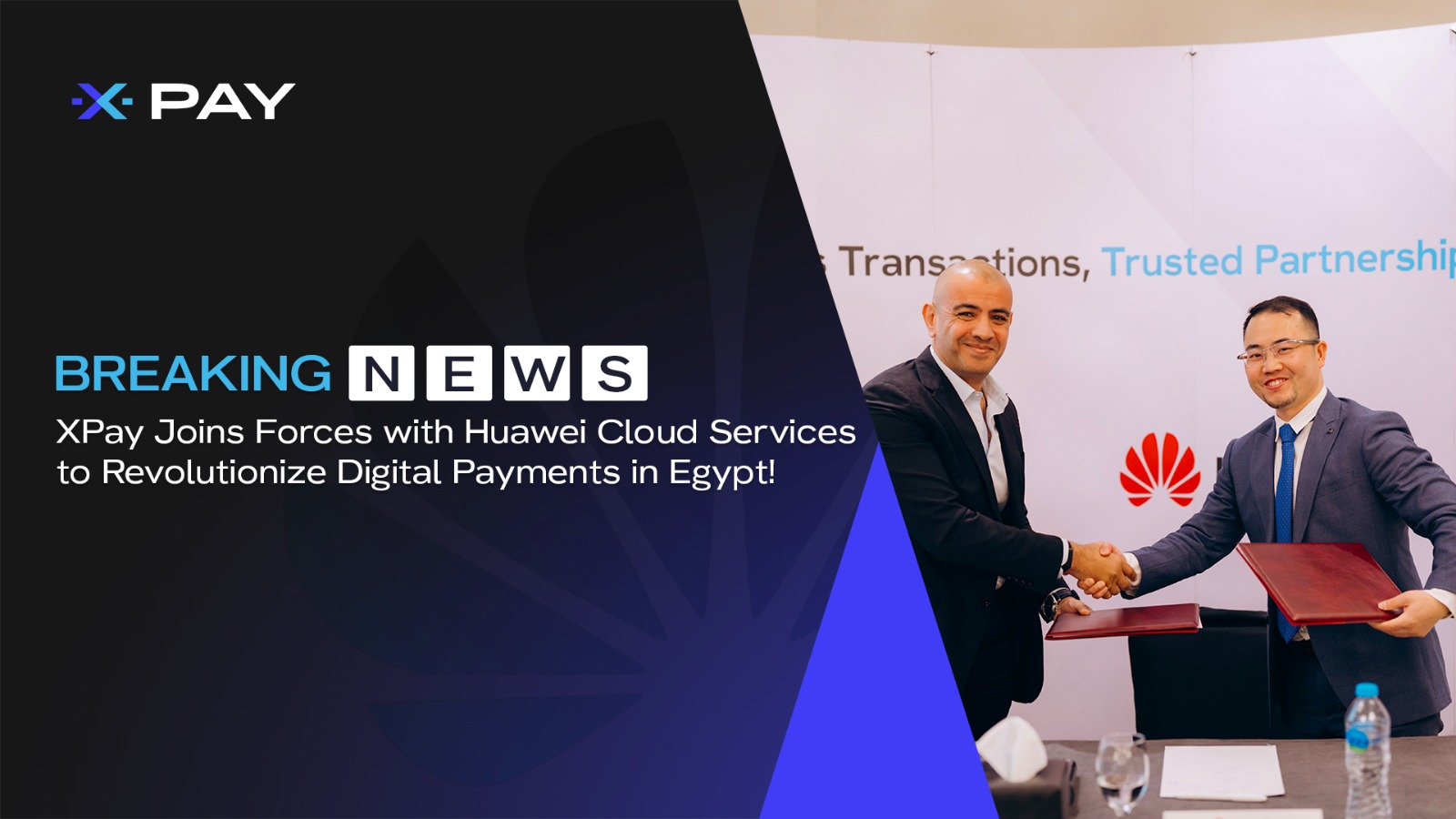As digital technology reshapes industries globally, Egypt’s education sector is not left behind. The adoption of e-payment systems by educational institutions is enhancing accessibility and operational efficiency across the country. This blog explores how these digital solutions are revolutionizing educational transactions and highlights how our company, XPay, is at the forefront of this transformation.
The Role of E-Payments in Egyptian Education
E-payment systems are rapidly becoming a fundamental component of educational operations across Egypt, providing streamlined and efficient transaction processes that significantly benefit schools, students, and parents. These innovative platforms facilitate a wide array of payment options, including tuition, fees, and other school-related expenses, effectively reducing the reliance on physical cash handling which can be both cumbersome and less secure.
The adoption of digital payment methods enhances the operational efficiency of educational institutions by simplifying the administrative workload associated with payment tracking and processing. This shift not only minimizes the potential for human error but also speeds up the transaction process, ensuring that payments are processed swiftly and accurately.
As a result, schools can allocate resources and staff time more effectively, focusing on educational rather than administrative tasks.
Support from the Central Bank of Egypt (CBE) in Promoting E-Payments
The Central Bank of Egypt (CBE) has been instrumental in fostering an environment conducive to the adoption of digital payments across various sectors, including education. Recognizing the transformative potential of digital financial services, the CBE has launched several initiatives aimed at enhancing the digital financial infrastructure and increasing public trust in electronic transactions.
The CBE ensures the security and reliability of e-payment solutions through regulatory frameworks. It also conducts campaigns to raise awareness about the benefits of digital payments. The CBE’s push for a cashless society has not only streamlined economic transactions but also supported educational institutions in transitioning to more efficient and transparent financial operations. Schools and universities can leverage these advancements by aligning with national policies that encourage digital transformation, further enhancing their services and accessibility.
Benefits of E-Payments for Egyptian Education
E-payment systems offer transformative convenience for students and parents. Instead of enduring the hassle of withdrawing cash and making in-person payments, often involving travel and waiting in lines, they can now pay anytime, anywhere using a computer or mobile device. This accessibility is particularly beneficial for those in remote areas or with hectic schedules.
Furthermore, e-payment platforms enhance financial security for all parties. Digital transactions reliably track and record transactions, reducing the risk of theft or loss associated with cash transactions. Enhanced security measures, such as encryption and secure authentication protocols, protect personal and financial information, giving users peace of mind when making online payments. These are some of the top benefits of e-payments for education:
- Increased Efficiency : Automation of payments through platforms like XPay reduces administrative workload and error rates.
- Enhanced Accessibility : E-payments allow students from remote areas to easily pay fees online, widening access to education, for example, Orcas Platform, a curriculum-based e-learning and tutoring platform.
- Improved Financial Transparency : Digital payments provide clear, trackable records that improve accountability and financial management.
DEO Kairo School and XPay
A prime example of effective e-payment integration is DEO Kairo School, which has partnered with XPay to facilitate a more flexible payment environment. Through XPay’s integration with the school’s website, parents can effortlessly pay books fees using a variety of payment methods including:
- Valu : A popular buy now, pay later service that allows parents to manage cash flow by offering installment plans.
- Fawry : A widely used payment gateway that provides a secure and easy way for immediate transactions.
- Mobile Wallets : Catering to the tech-savvy generation that prefers using mobile devices for payments like Vodafone Cash and Etisalat Cash
- Debit/Credit Cards : Traditional credit/debit card payments, ensuring familiarity and trust for many users.
This diverse range of payment options ensures that all parents can find a convenient way to fulfill financial commitments, regardless of their preferred payment method.
Conclusion
Integrating e-payment systems like XPay into Egypt’s education sector represents more than just convenience; it marks a significant stride toward a more inclusive and efficient educational landscape. As these transformations unfold, it’s crucial for all educational institutions to adopt these technologies, ensuring that the benefits of digital advancements reach every student nationwide.






